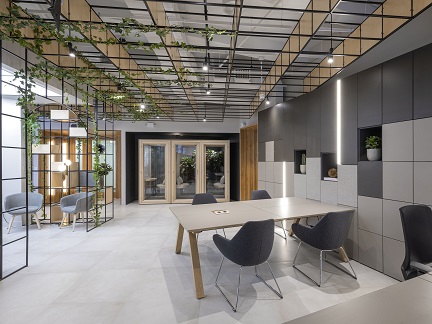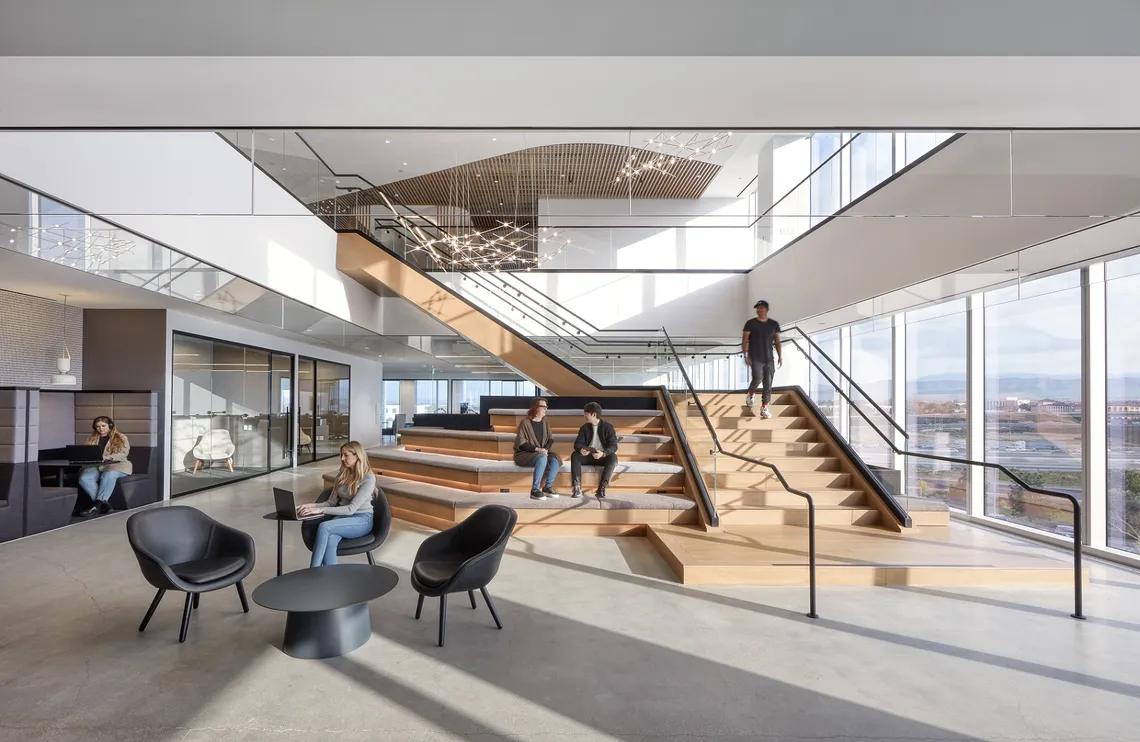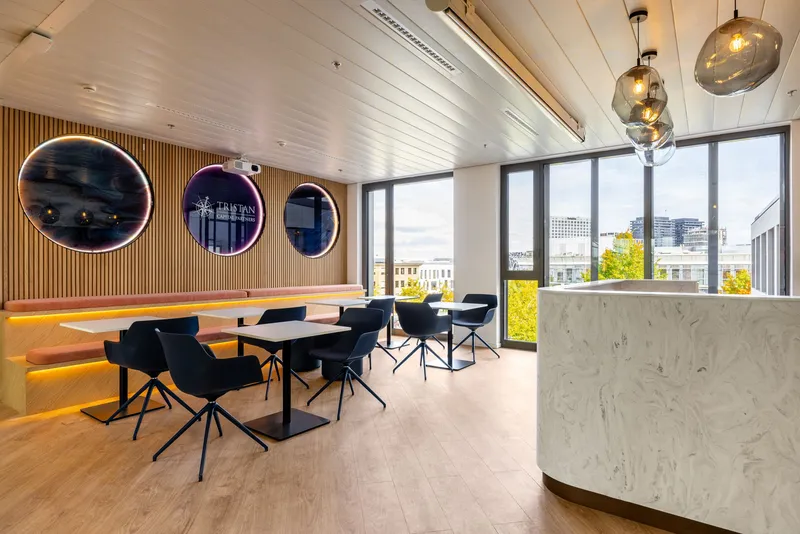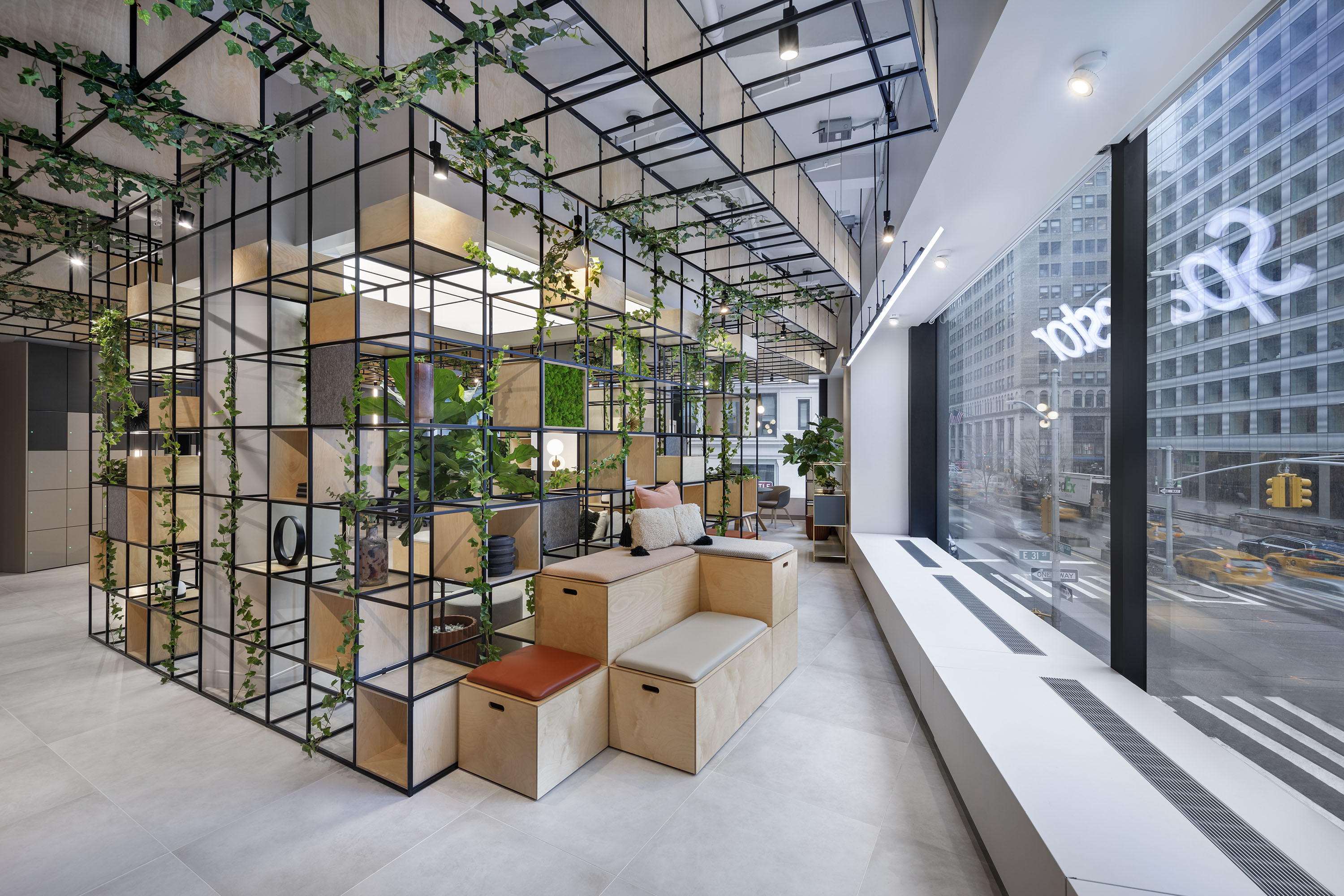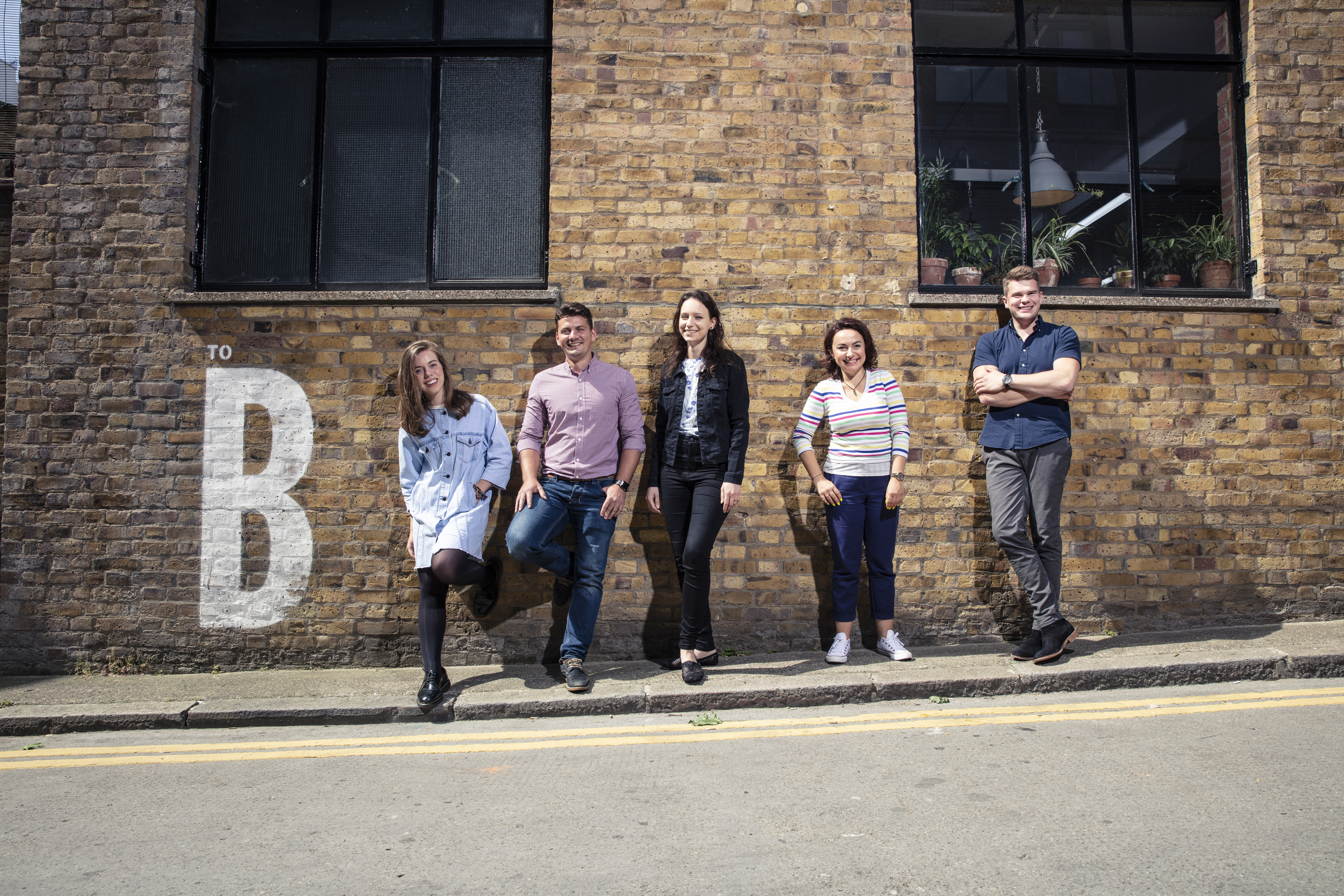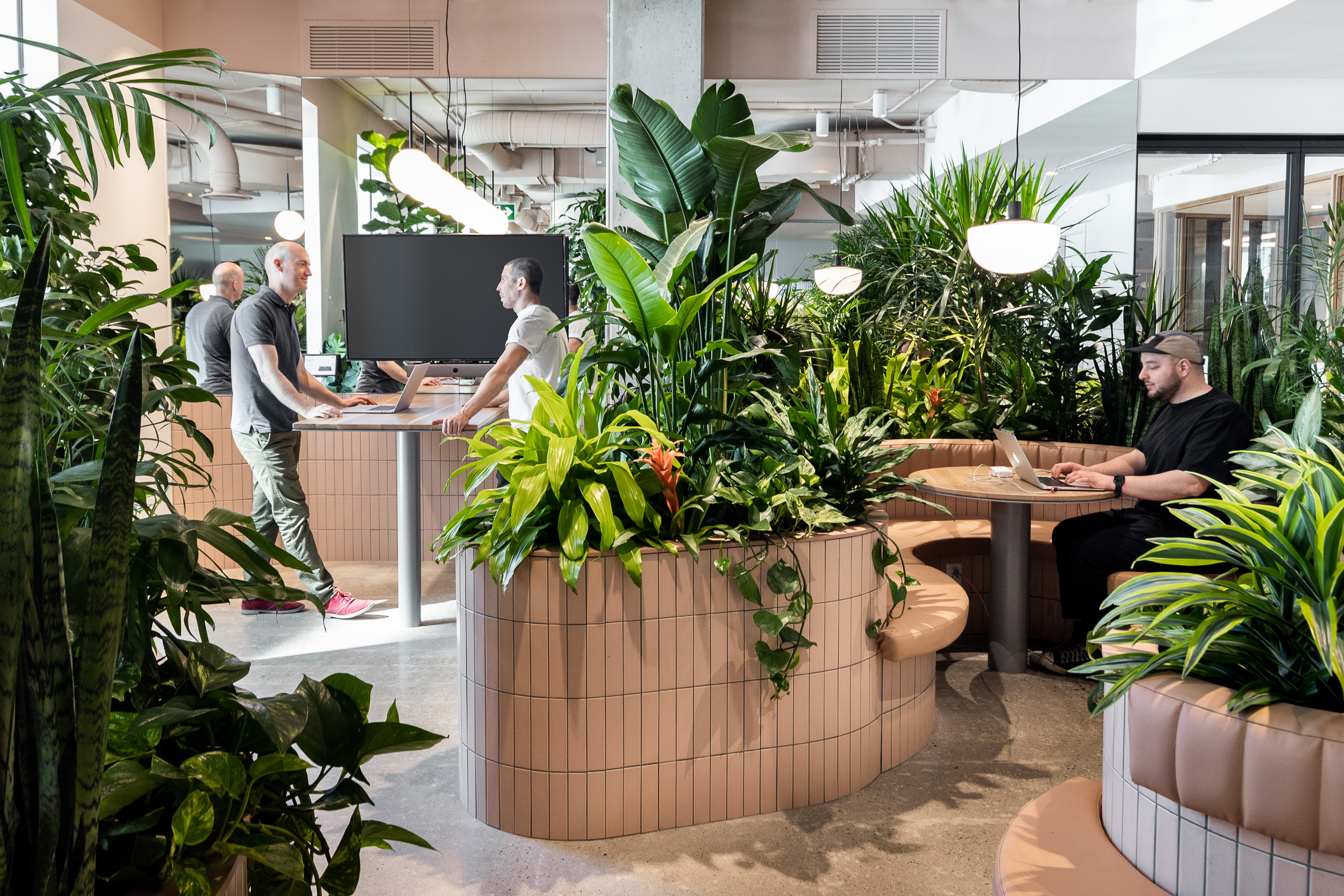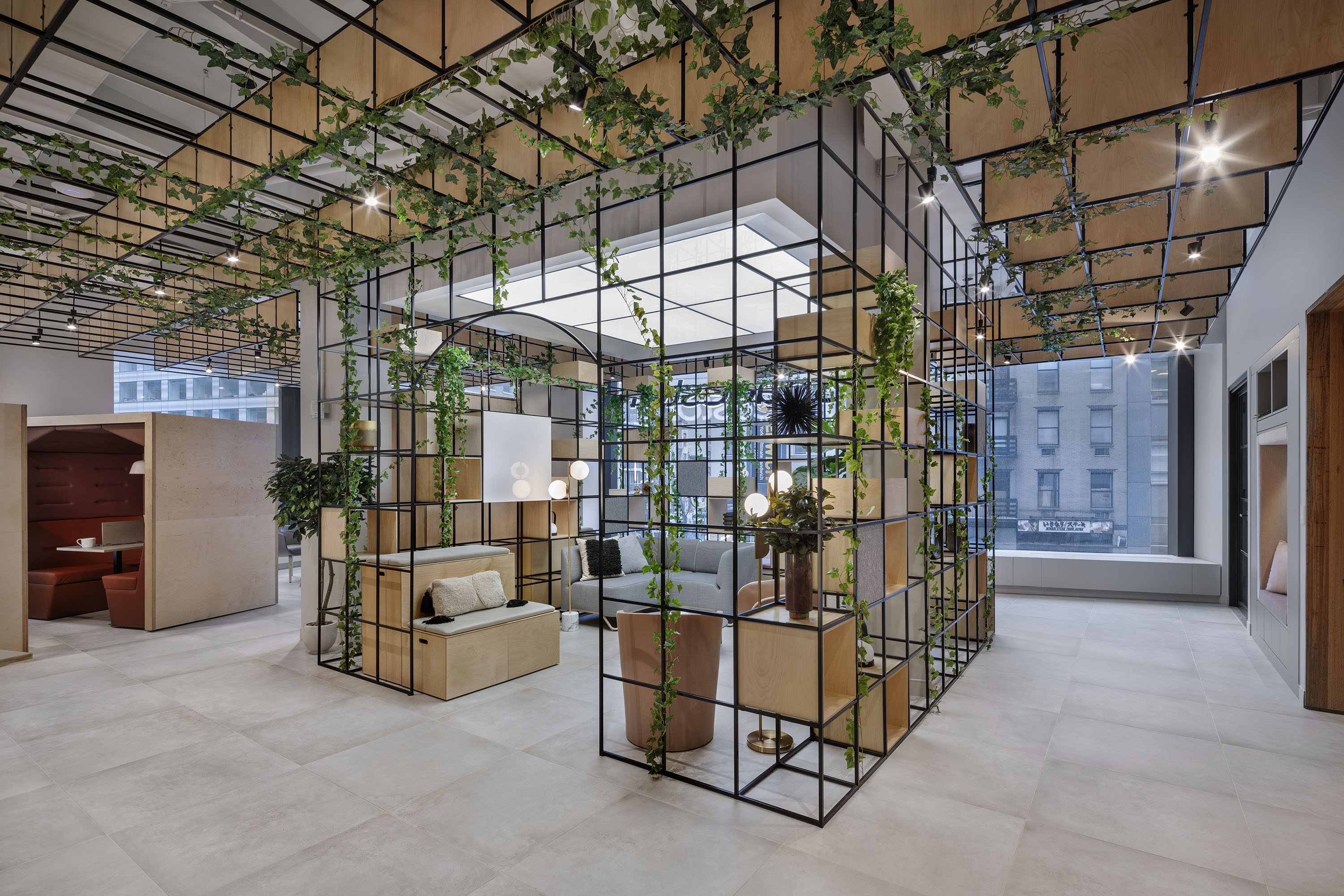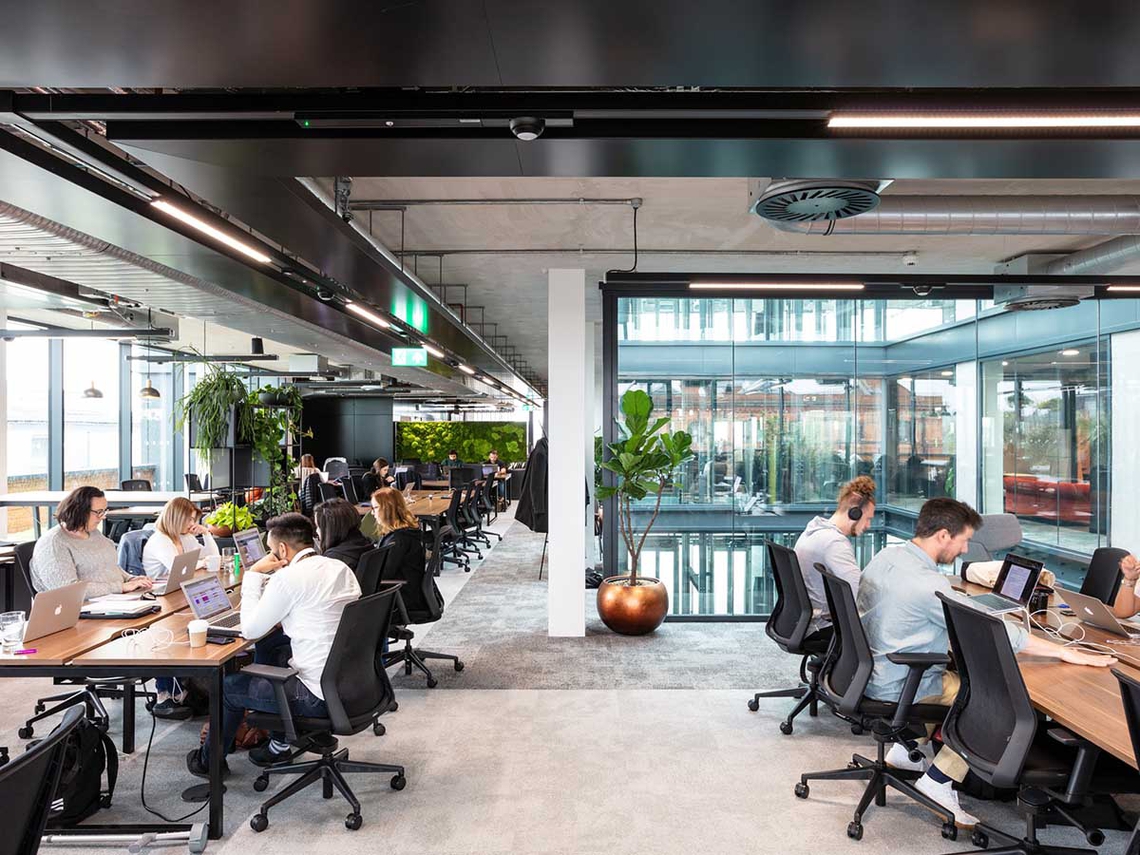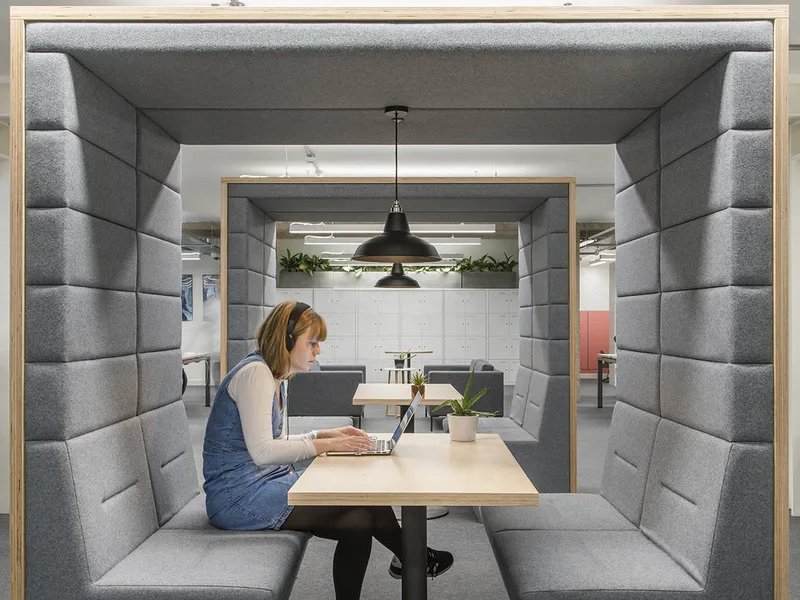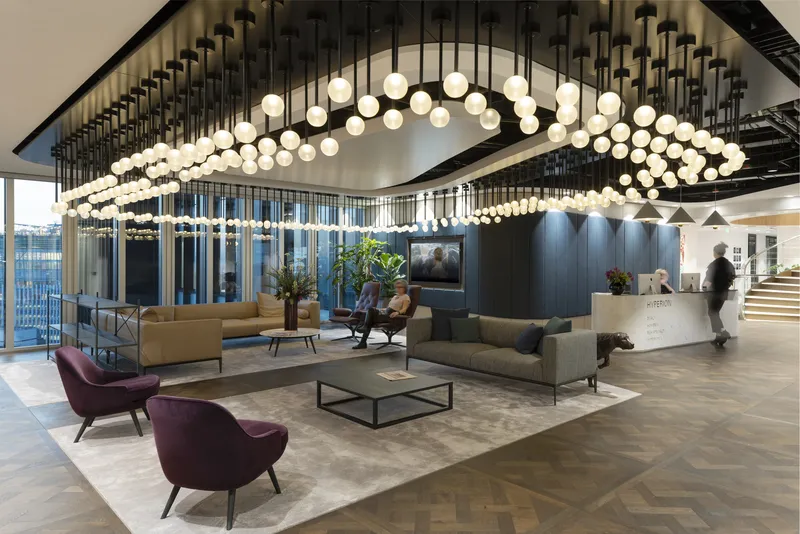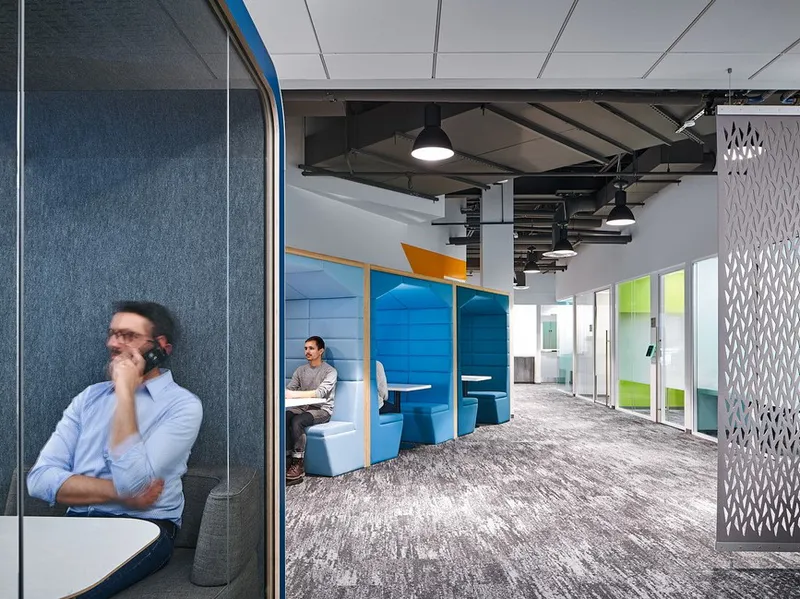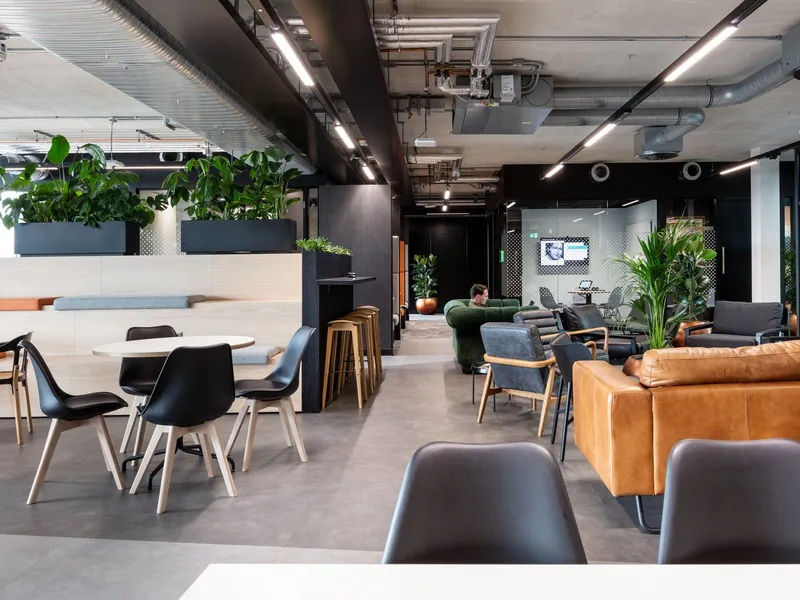Aug. 20, 2020
Industry Trends
The coronavirus has radically changed everyday life. Just about every aspect has been affected in one way or another, and how each of us have adapted and responded to these impacts is largely dependent on what generation we’re from. Lockdown expedited the growth of remote work and there has been significant research into how the workforce, across all generations, have been experiencing this new environment. Some interesting, and unexpected, patterns have been emerging. Areas and levels of concern seem to vary between generations and grasping an understanding of the whole picture will be essential to informing return to work and change management strategies.
Each generation is a cohort of people, all born over a 15-20 year period, with shared formative experiences and values influencing patterns and trends in how they think, work and collaborate. A detailed understanding and application of generational theory can greatly benefit the human capital investment of an organisation; it helps to improve the attraction and retention of talent and to create diverse, productive teams.

Boomers
The ‘boomers’, the oldest generation of the workforce, born between 1946 and 1964, have experienced a lot in their lifetime. Being born in an era of post-war optimism, and witnessing more recent crises like the Great Recession of 2008, this older generation knows what economic hardship looks like. In the context of the workforce, the ‘boomers’ are likely to be in leadership roles, in which they can use their experience to an advantage to reassure, encourage and inspire younger generations that we will reach through to a positive post-pandemic era. With the many years of experience they have in the workplace, the concept of working from home may not be quite such a challenge as it is proving to be for younger generations, once they have mastered the technology. In fact, Gensler’s US Work From Home Survey found that the boomer generation seem to have adapted the best to home working and are experiencing higher levels of productivity than millennial and Gen Z workers. Like all generations, the coronavirus has forced a greater dependence on technology to be able to stay connected during lockdown. Being less accustomed to the digital world, there has been a great acceleration in the use of technology amongst the ‘boomer’ generation; tech-enabled services like grocery delivery and social platforms like Skype, FaceTime and Zoom becoming the only choice for a high-risk generation. However, although they may have transitioned into remote work in the most seamless way, as a more aged generation, boomers are more vulnerable health-wise and there have been reports of a greater level of health anxiety amongst this generation.

Gen X
Gen Xers, born 1965-1979, are known as the “latchkey generation”, due to reduced adult supervision during childhood with increased divorce rates and maternal participation in the workforce. As children, this generation had to fend for themselves which explains their characteristics of strong independence and resilience - key attributes to surviving a crisis like COVID-19. Many are saying Gen Xers were ‘made for this moment’, having experienced a tough upbringing and crushing economic events like the Dot Com Bubble in 1999, 9/11 and the Great Recession of 2008, they have the strength and stability to endure challenging times like these. And Gen X probably has it the hardest, feeling the pressure of many demands with the care of their own children, learning at home, and their aging parents, at a higher risk of falling prey to the disease. Their challenging situation is echoed in the results seen in Gensler’s Work From Home Survey, where Gen Xers report higher levels of stress. Like the boomer generation, Gen Xers are fully settled in their careers and will help lead and navigate the way through and beyond COVID-19, based on their past experience. As the world of work enters a new post-pandemic era, this may be a turning point in the careers of Gen Xers who could decide to pursue a slightly different career path, putting their talent and expertise to use in a new way.

Millennials
The millennial generation, born 1980-1995, have reportedly been finding COVID-19 a lot more challenging than older generations. Gensler’s WFH survey found that at least half of the millennial respondents found it harder to work at home than in the office, being easily distracted and struggling to maintain a healthy work-life balance. The home environment takes away the opportunities to observe and learn from their more experienced colleagues and restricts the possibilities of building their network through casual socialisation. Studies show that younger generations are expressing the lowest concern about the virus itself, however this doesn’t mean they are not worried; their main concern lies with the cultural, social and financial impacts. The pandemic has been described as a ‘depression-era moment for a generation that did not value saving’. Millennials have reacted more dramatically than any other generation; as a generation often labelled as ‘job-hoppers’, they are now more minded to seek job stability and security rather than full satisfaction. An economic crisis has revealed the risks of constantly chasing the next best career opportunities which may mean the pre-COVID ‘war for talent’ has reached a moment of peace. As a more tech-savvy generation, it is perhaps unexpected that millennials have been struggling with the social impacts more so than older generations, however reports show that millennials are worried about the cultural impact of the virus with regards to how we will communicate with each other in the future. The discussions around mental health and loneliness have accelerated amongst younger generations; the pressures of lockdown and the lack of human interaction has taken its toll on mental health, meaning there are rising cases of loneliness and depression. Younger generations are voicing the challenges they’re experiencing; being deficient in human interaction and anxiety about how to stay positive.

Gen Z
Similarly, Gen Z (born 1996-2012) seem to be more concerned about the impacts of the pandemic on personal mental health and the health of their aged family members, rather than the virus itself. Further studies show that they too are finding remote work an increasing challenge, battling with distractions and lower productivity as a result. As digital natives, growing up in a technological age, it may seem paradoxical that Gen Z are proving to be the least productive at home. However, this younger generation have had very little experience in the workplace and no longer have the stability and presence of their more experienced colleagues to lean on. It’s as though they have a little too much freedom in the home environment, and as newcomers into the workplace, Gen Z are really craving the sense of purpose and structure that they can align themselves with in the office. Despite their greater familiarity with technology, this generation is missing the physical social connectivity of the workplace and as many of us have experienced as a result of home working, they’re finding it’s easier to share ideas in person than it is online.

Understanding the many psychological impacts of coronavirus and the experiences of each generation over the last 6 months will be critical for business leaders in forming a change management strategy to entice their people back into the office. With greater empathy and understanding, alongside a flexible structure upon which to build the new future of the workplace, there will be the least resistance, enabling organisations to grow and evolve faster than ever into a new era of work.
Share this article

